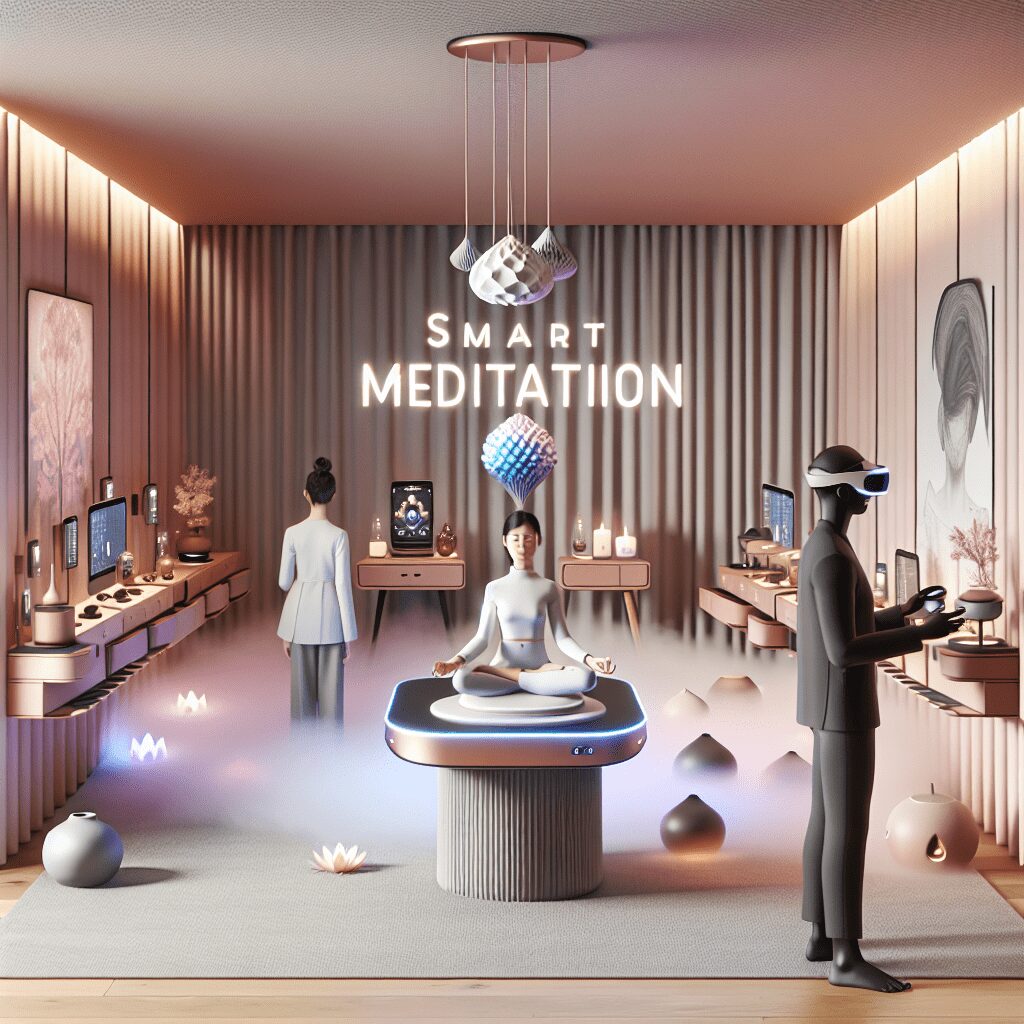
Prioritize your mental well-being daily. Enhance your life by nurturing your mental health with the Smart Meditation app. Break free from stress, alleviate anxiety, and enhance your sleep quality starting today.
Can You Take Nootropics With Antidepressants?
Navigating the Maze: Combining Nootropics and Antidepressants
In the pursuit of optimizing mental performance, many people find themselves standing at the crossroads of innovation and tradition. We’re talking about nootropics, often dubbed as ‘smart drugs’ or cognitive enhancers, and antidepressants, a cornerstone in the treatment of various mental health conditions. The big question on everyone’s mind: Can you mix the old with the new? Or more precisely, can you take nootropics while on antidepressants?
The Delicate Dance of Brain Chemistry
Before diving headfirst into the pool of possibilities, it’s crucial to understand that we’re dealing with a delicate dance of brain chemistry here. Antidepressants, depending on their class, work by altering the levels of neurotransmitters in the brain—chemical messengers like serotonin, dopamine, and norepinephrine. They’re not all cut from the same cloth, though. SSRIs, SNRIs, MAOIs, and tricyclics each have their unique way of shuffling the neurochemical deck.
Enter nootropics, stage left. These cognitive enhancers promise improved memory, sharper focus, and a more efficient brain, but they’re not all created equal either. From natural supplements like Ginkgo biloba and Panax ginseng to synthetic compounds like modafinil and racetams, the nootropic spectrum is as wide as it is varied.
So, mixing nootropics with antidepressants sounds about as straightforward as solving a Rubik’s Cube in the dark, right? Well, not quite. Let’s shed some light on the matter.
Key Considerations Before Mixing Your Mental Cocktails
-
Interactions Are a Real Thing: Just like mixing different spirits can leave you with a nasty hangover, mixing nootropics with antidepressants can lead to unforeseen interactions. These can range from reduced effectiveness of your medication to increased side effects, or even creating new symptoms altogether.
-
The Professional Opinion Matters: We’re not talking bartenders here; we’re talking healthcare professionals. A doctor or psychiatrist familiar with your medical history is your best ally in determining if introducing a nootropic into your regimen is safe. They know the lay of the land when it comes to pharmacological interactions.
-
One Size Does Not Fit All: Individual biology plays a huge role in how drugs interact with each other. Just because your buddy from the gym swears by a certain nootropic stack doesn’t mean it’ll work the same wonder for you, especially if you’re on antidepressants.
Safe Passage Through Uncharted Waters
Alright, so you’ve got the green light from your doc, and you’re ready to dip your toes in the nootropic ocean. Here’s how to keep your swim safe:
-
Start Low and Go Slow: This isn’t a race. Starting with lower doses allows you to gauge your body’s reaction and adjust accordingly.
-
Keep a Log: Documenting how you feel daily can help you and your healthcare provider spot potential issues early on.
-
Stay Informed: Research is progressing at breakneck speed, and what was considered safe yesterday may not hold the same status tomorrow. Stay on top of the latest studies and advice from reputable sources.
-
Listen to Your Body: If something feels off, it probably is. Don’t ignore signs that your body isn’t responding well to the combo.
Navigating the interplay between nootropics and antidepressants isn’t for the faint of heart, but with proper guidance, patience, and a bit of caution, enhancing your cognitive function while managing mental health is within the realm of possibility. Remember, mental health isn’t a destination; it’s a journey—one that doesn’t have to be walked alone.




